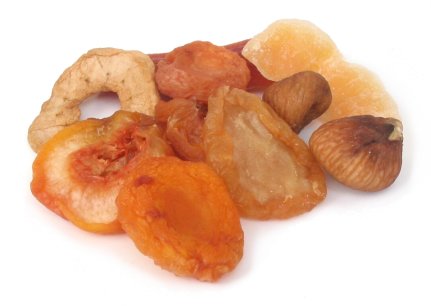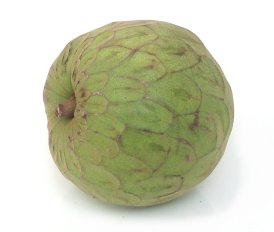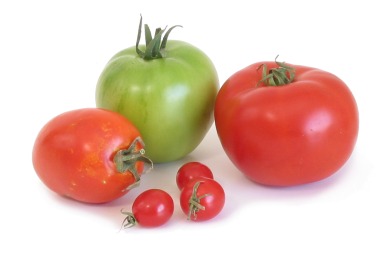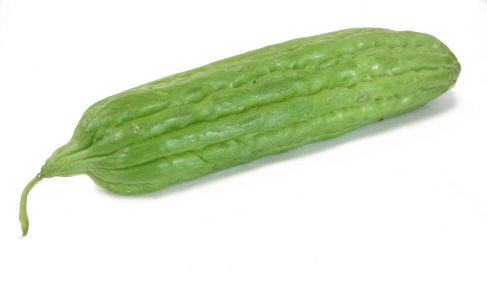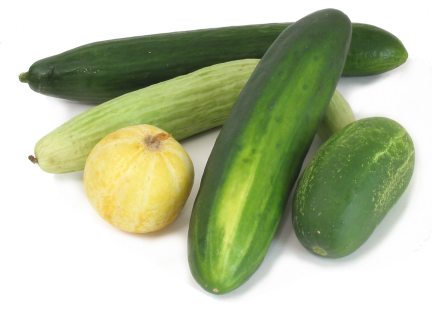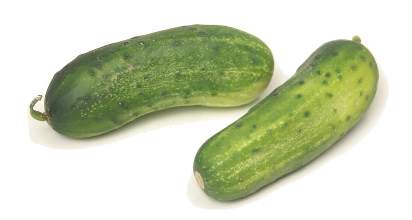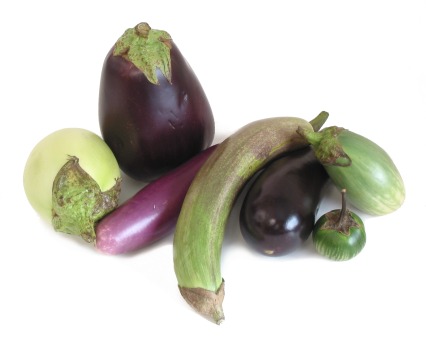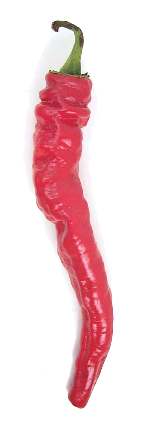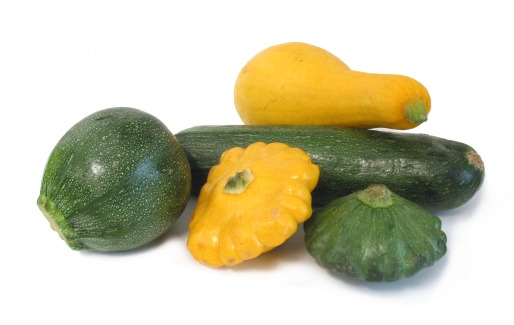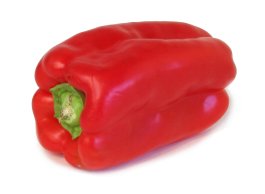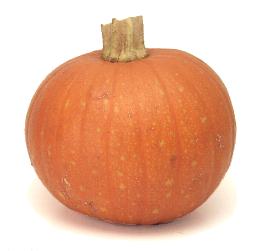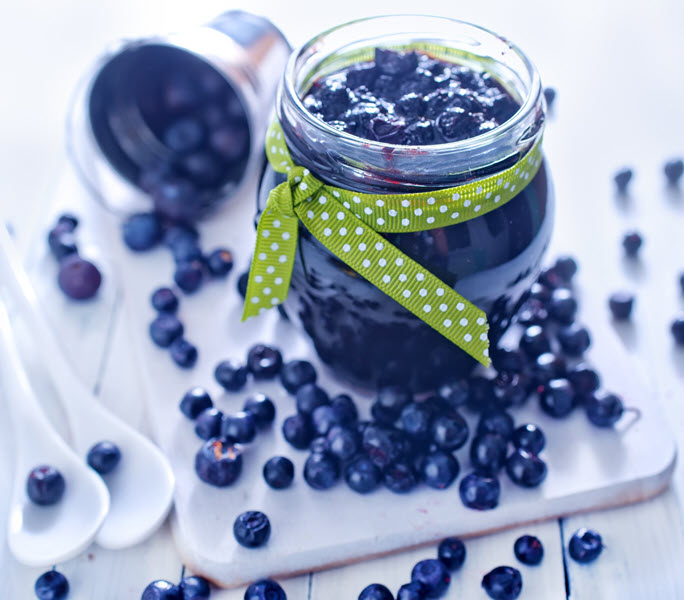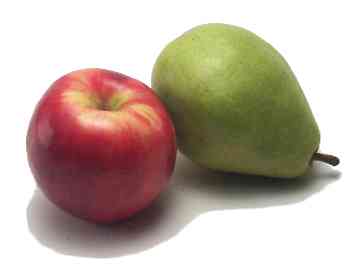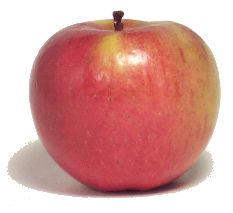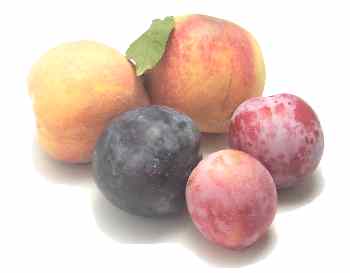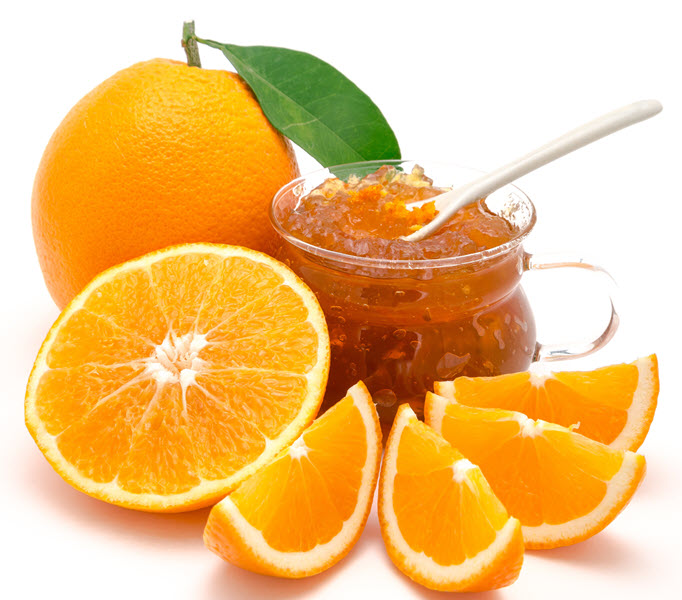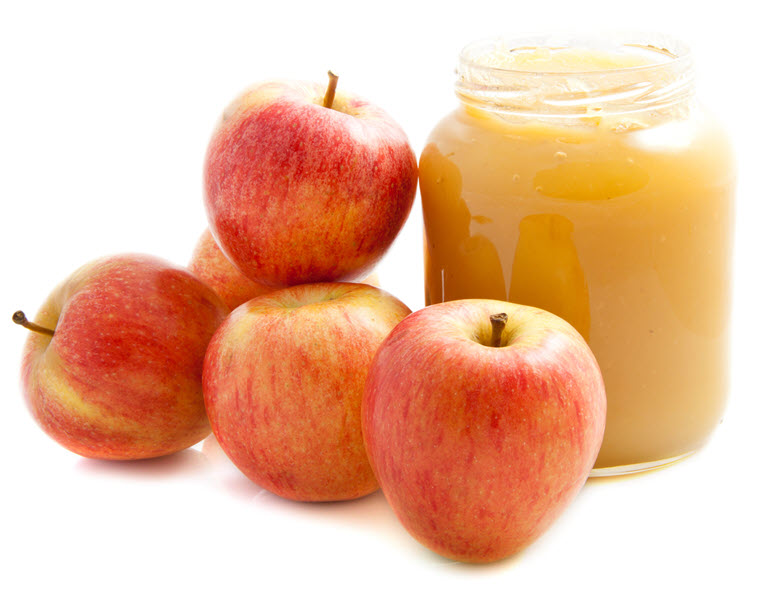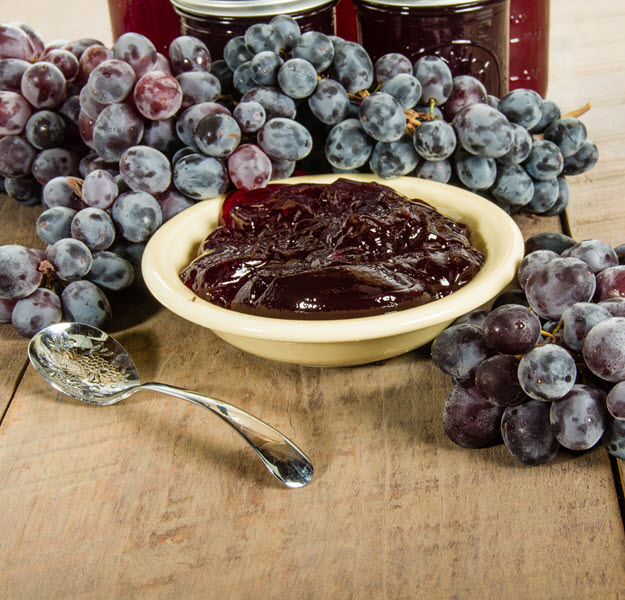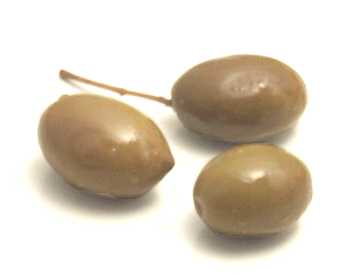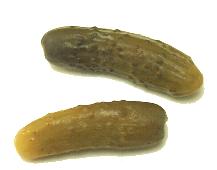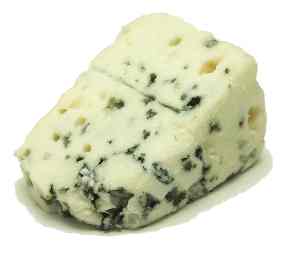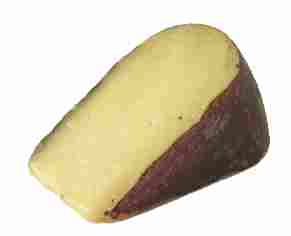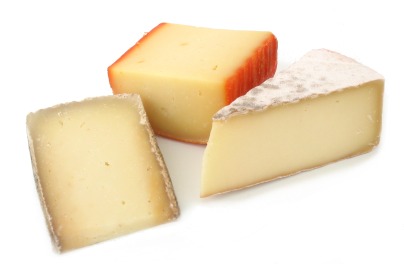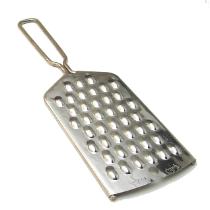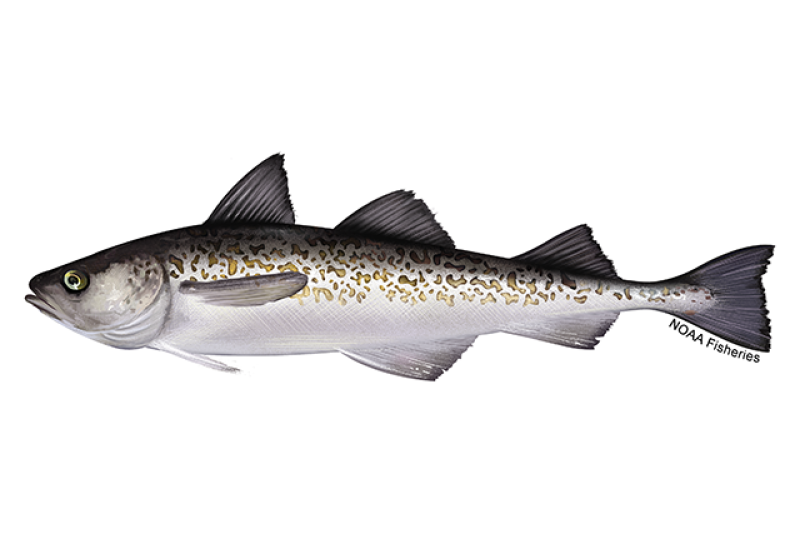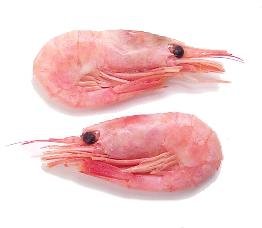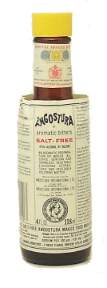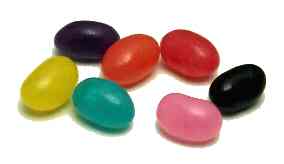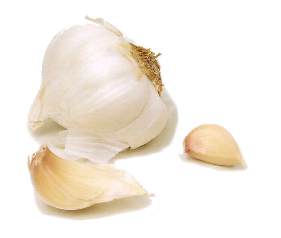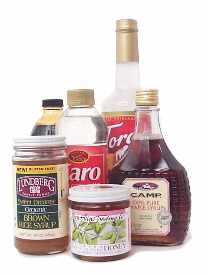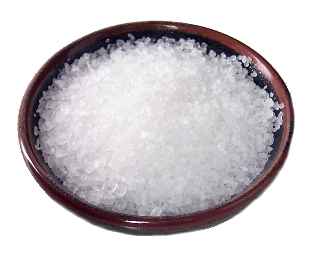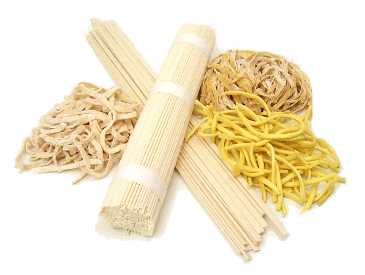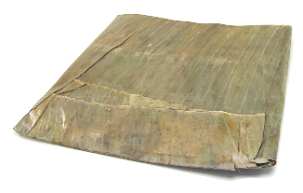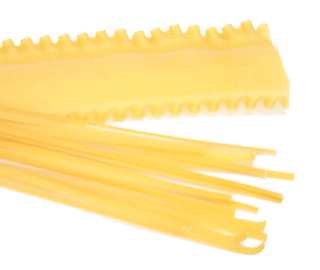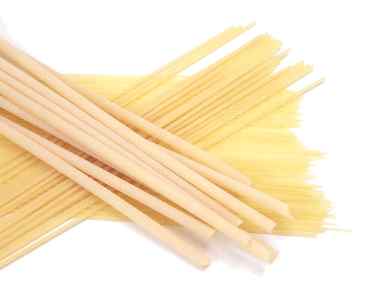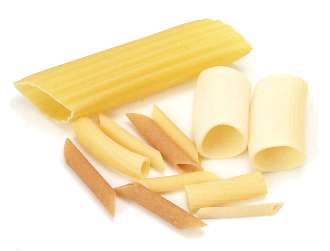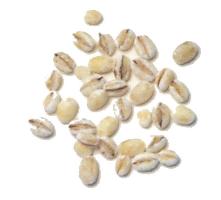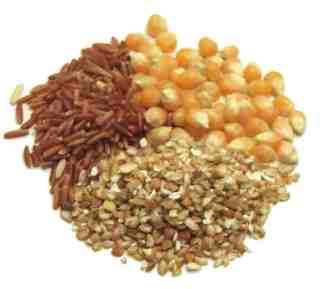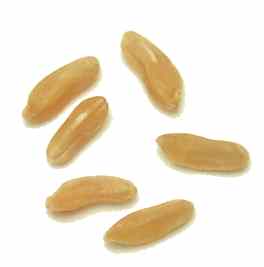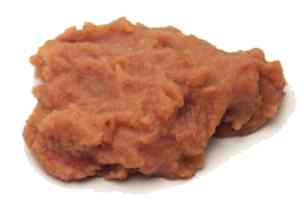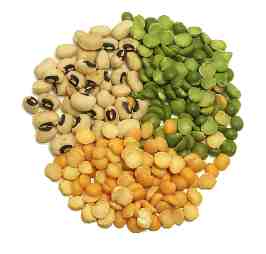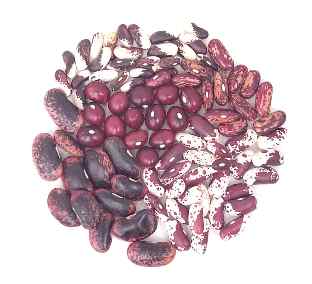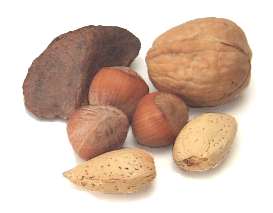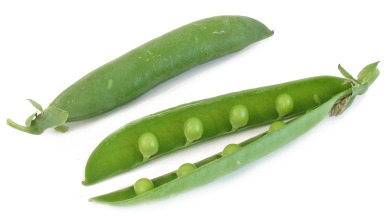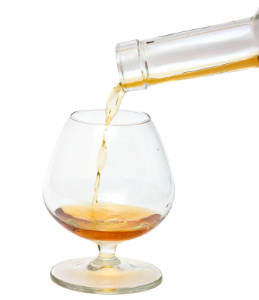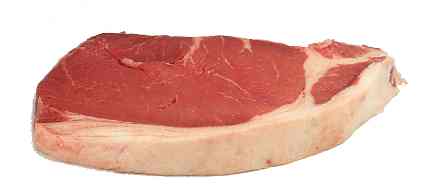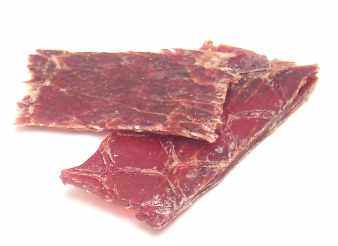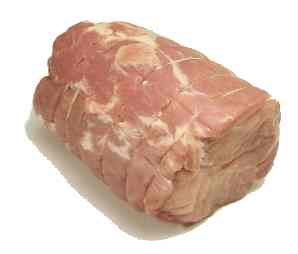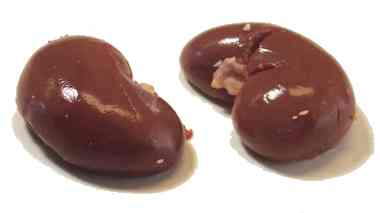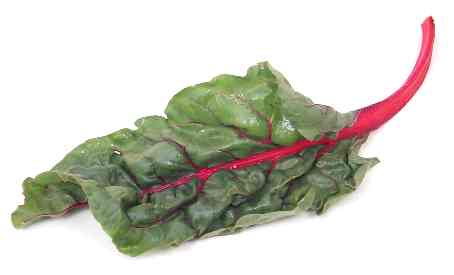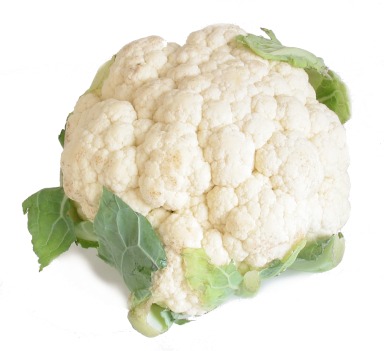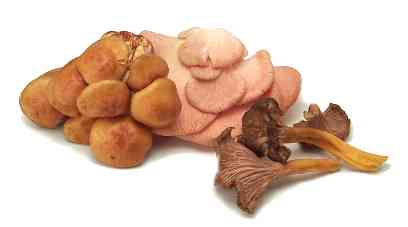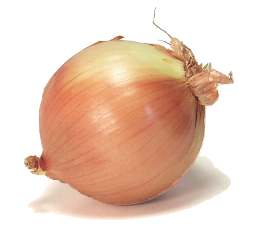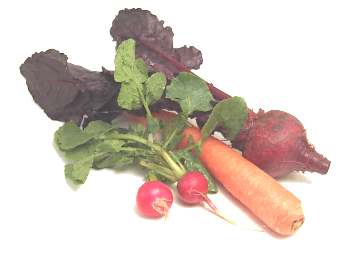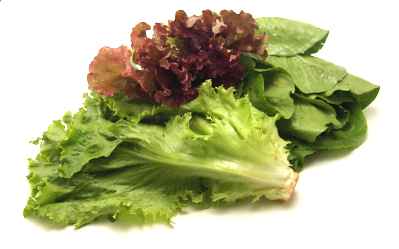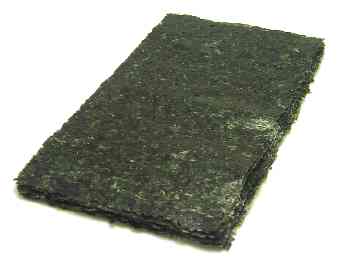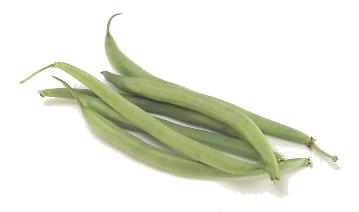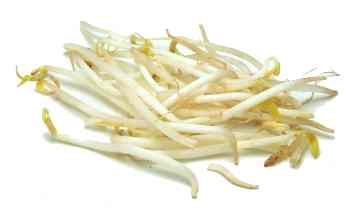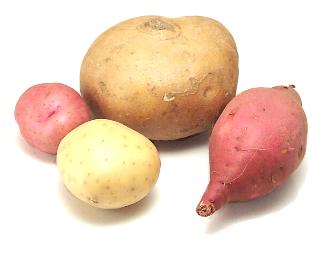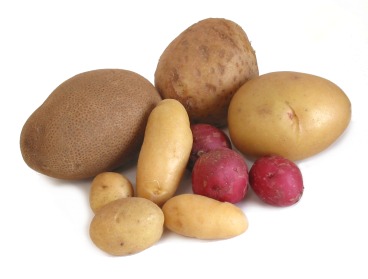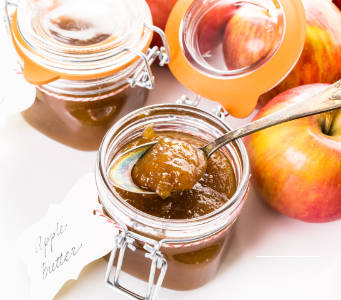Fruit Category

Includes berries, citrus fruit, melons, tropical fruit, and tomatoes
Fruits are the matured ovaries of plants, containing the seeds for the next generation of plants. Many plants cunningly make their fruits sweet, the better to attract animals like us to eat them and disperse the seeds. Fruits are often delicious enough to eat out of hand, but they can also be made into tarts, compotes, shakes, juices, preserves, liqueurs, and many other things.
ababai
Ababais resemble small papayas, and can be cooked or grilled without losing their shape. They're hard to find outside of Chile, where they're grown.
Learn moreabiu
The round smooth yellow abiu fruit has a creamy texture and the sweet flavor of caramel or vanilla. It is native to the Amazon basin. The abiu fruit has a short shelf life.
Learn moreacai berry
Acai berries are from the acai palm that is native to the Amazon Basin in Brazil. The small round dark purple fruit grows in clusters. Acai berries have a slight bitter taste. Long enjoyed in Brazil Acai berries have become increasing popular world wide over the last several decades. It is high in antioxidants.
Learn moreacerola
These are very rich in vitamin C, and somewhat acidic. You can eat them out of hand, but they're better suited for making preserves.
Learn moreachacha
Achacha fruit is orange and has a sweet tart lemony taste. The fruit is oval and one to two inches in diameter. The achacha tree is native to the Amazon basin.
Learn moreackee
The pulp of this fruit looks and tastes like scrambled eggs when cooked, and Jamaicans like to serve it with salt cod. Look for cans of it in Caribbean markets. Warning: Only the yellow pulp on ripe ackees is edible. Eating underripe ackees that haven't opened on their own, or eating the pink portion of ripe ackees, can cause vomiting and death.
Learn moreacorn squash
This orange-fleshed winter squash is popular because of its small size--it can be cut in half and baked to make two generous servings. The rind, unfortunately, is quite hard and difficult to cut. To avoid injuring yourself, first slice off both the top and the bottom with a sharp knife, and use the stem end as a base for the more treacherous halving cut. Select acorn squash with as much green on the rind as possible, though most will have a single orange spot on one side.
Learn moreaji amarillo
This hot (40,000 Scovilles) chili originated in Peru and is a common usage in western South America. It is four inches long and yellow until it matures and turns red.
Learn moreají panca chili - dried
This reddish-brown dried chili is fruity, mild, and a little smoky.
Learn moreajwa dates
These dark skinned ajwa dates are grown around Medina, Saudi Arabia. They were said to have been a favorite of the prophet Mohammad.
Learn moreAleppo olives
This is a black, dry-cured Middle Eastern olive that's hard to find in the United States.
Learn moreAlphonso olives
This large Chilean olive is cured in a wine or wine vinegar solution, which gives it a beautiful dark purple color and tart flavor. Its flesh is very tender and slightly bitter.
Learn moreambrosia melon
This looks and tastes like a cantaloupe, but the flesh is a brighter orange.
Learn moreAmerican eggplant
This is the familiar large, dark purple, pear-shaped variety. Choose small or medium-sized eggplants (these have fewer bitter seeds) with healthy-looking green stems that are firm to the touch, but not too hard. Avoid mushy ones. Store them in the refrigerator.
Learn moreAmphissa olives
These are dark purple Greek olives that are hard to find in the U.S. They're great for snacking.
Learn moreAnaheim chili
These large, mild chiles are perfect for chiles rellenos. Mexican cooks also like to dice or purée them, and then add them to sauces, soups, and casseroles. They have a tough skin, but it peels off easily if you first char the chiles over a flame and then steam them in a paper bag for several minutes. Anaheims are available year-round, but they're best in the summer. You can occasionally find red Anaheims, which are riper and slightly hotter. When dried, this pepper is called a chile Colorado.
Learn moreancho chili
These mild, dried poblano peppers have a sweet, fruity flavor and are a staple in Mexican cuisine. They're brownish-black and wrinkled, and commonly used in adobos, moles, salsas, and various sauces.
Learn moreangled loofa
A native of Pakistan, this mild vegetable has a slightly bitter edge that pairs well with sweet and acidic ingredients in stir-fry dishes. You can also eat it raw, or dry it to make a loofa sponge. You can leave the peel on, but some people find the flavor off-putting. Remove any large seeds if you wish to cut the bitterness.
Learn moreAnjou pear
These economical pears aren't as tasty as some of the other varieties, but they're still good for both eating and cooking. The peel stays light green even when the pear is ripe.
Learn moreapple butter
Apple butter isn't made from real butter. Instead, it's made by cooking apples until the sugar in them caramelizes, turning the sauce a rich brown color. It's used as a spread, and also as a fat-free substitute in many baking recipes.
Learn moreapple cider
Apple juice and apple cider are very similar, except that all of the apple pulp is filtered out of the juice, while some remains in the cider.
Learn moreapple green eggplant
These eggplant resemble green apples, and are mild and sweet. You don't need to peel them.
Learn moreapple jelly
You can use this like any other jelly, but it's often used as a glaze when roasting pork.
Learn moreapple juice
Apple juice and apple cider are very similar, except that all of the apple pulp is filtered out of the juice, while some remains in the cider.
Learn moreapplesauce
Applesauce is a purée made from cooked apples. It's often flavored with sugar, lemon juice, and spices like cinnamon and allspice. It's often served as an accompaniment to pork, sausages, and potato pancakes. It can also be used as a fat substitute in baking.
Learn moreapricot
Like other stone fruit, apricots are sweetest--and most prone to bruising--when they're allowed to ripen on the tree. But unless you can pick your own, you'll probably have to make do with the slightly underripe, more durable apricots sold in markets. Allow them to soften at room temperature for a few days before eating them. They're best in the summer.
Learn moreArbequina olives
These are tiny green Spanish olives with a mild, smoky flavor. They're hard to find in the U.S.
Learn moreArkansas Black apple
This apple is renown for its long shelf life. It's good for making sauce and baking.
Learn moreAsian eggplants
Include Japanese eggplants and Chinese eggplants, have thinner skins and a more delicate flavor than American eggplants, and not as many of the seeds that tend to make eggplants bitter. They're usually more slender than American eggplants, but they vary in size and shape. They range in color from lavender to pink, green, and white.
Learn moreAsian pear
Asian pears are crunchy, juicy, and very fragrant. Growers produce over twenty different varieties in an assortment of sizes and colors. They're often served raw, but they can also be cooked, though they never become as soft as cooked pears.
Learn moreatemoya
This cherimoya-sweetsop cross has sweet custard-like pulp. Look for it in specialty produce markets during the fall
Learn more




